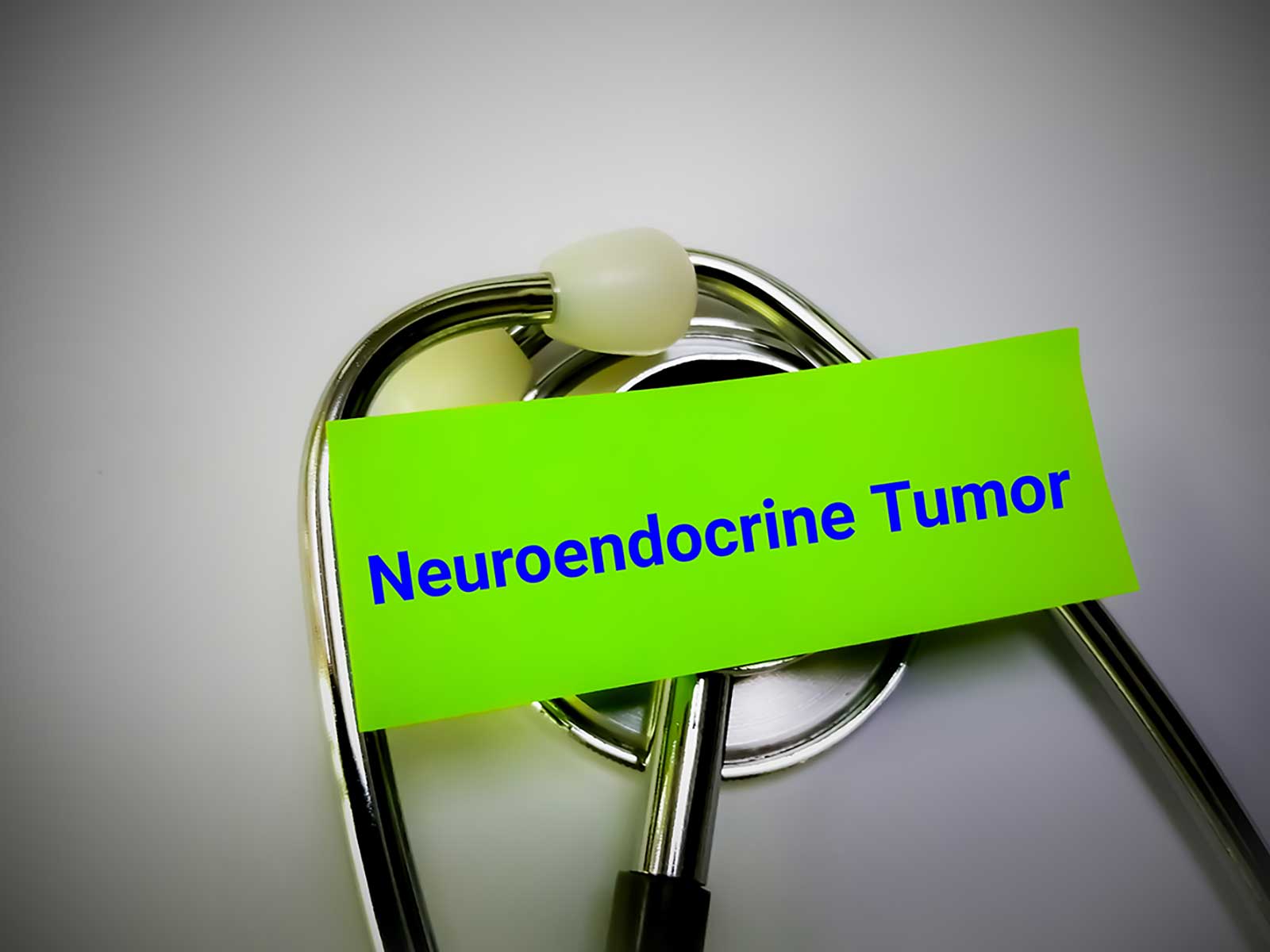
Neuroendocrine tumors (NETs) grow out of neuroendocrine body cells also known as the gland-producing hormone cells that can be located anywhere in the body, but mostly they are in the gastrointestinal tract, the pancreas and the lungs also. NETs may be storous or violent. Others have what is known as high secretion of hormones that causes different clinical syndromes. The diagnosis of stress comorbidities at early days will lead to optimum intervention.
The NET is associated with different symptoms based on location and hormonal activity of the—tumor. Most of the small NETs do not present themselves initially. Violence may be noted in them as they grow or when they are secreting hormones:
The causes of most of the NETs are not known and they are known to be:
Neuroendocrine tumors (NETs) grow out of neuroendocrine body cells also known as the gland-producing hormone cells that can be located anywhere in the body, but mostly they are in the gastrointestinal tract, the pancreas and the lungs also. NETs may be storous or violent. Others have what is known as high secretion of hormones that causes different clinical syndromes. The diagnosis of stress comorbidities at early days will lead to optimum intervention.
The NET is associated with different symptoms based on location and hormonal activity of the-tumor. Most of the small NETs do not present themselves initially. Violence may be noted in them as they grow or when they are secreting hormones:
The causes of most of the NETs are not known and they are known to be:
At Houston's GastroDoxs clinic, our expert team offers state-of-the-art diagnostic imaging and tailored treatment strategies for neuroendocrine tumors, providing local patients specialized oncologic care with ongoing compassionate support, comprehensive evaluation, personalized follow-up care, and a steadfast commitment to community wellness.
In case you suspect that you could have a perianal fistula do not wait. Forms a part of Houston-based Contact GastroDoxs. Call GastroDoxs to arrange your consultation. We are prepared to offer that professional attention and direction to you so you can begin to feel better.
We've successfully treated more than 1.5K patients, helping individuals improve their digestive health and overall well-being through expert, personalized care.
With over 20 years of experience, GastroDoxs has been a trusted provider of gastroenterology care, focusing on delivering the best outcomes for patients
A perianal fistula is a minor tunnel which occurs about the anal canal and between the skin and the anal canal and it may develop after an infection or an abscess, thus it can be painful, swelling and sometimes may drain.
A majority of the perianal fistulas are caused by a blockage and an infection of an anal gland; other causes are inflammatory bowel diseases such as Crohn's, previous injury or surgery, and, less often, infections such as tuberculosis.
It is usually a small red bump or a hole that is located around the anus and it may spew out pus or blood and will be followed by redness, itchiness, or irritation of the place.
Seton is a rope band, thread, or rubber band injected through the fistula tract to ensure that it does not close of its own, but rather heals slowly.
Majority patients heal in four to six weeks after operation of fistula yet complicated cases might take more time.
Whereas most perianal fistulas may need a surgical intervention in a bid to permanently heal, few mild cases or in cases involving inflammatory bowel disease may be controlled with medications.
See the doctor when you experience chronic pain, swelling, drainage, or reoccurring abscess in the areas around the anus, or when you experience fever or difficulty sitting.
A physical exam is adequate, but imaging, including MRI and endoanal ultrasound can be employed in order to map intricate fistula tracts pre-treatment.
Regular sitz baths during and after surgery, keeping the area clean and dry, having instructions on wound care, resting and making follow-up visits are also associated with adequate postoperative care to ensure that wound healing takes place.
As a specialist in bowel and anal, GastroDoxs provides specialized, caring friendly service that offers superior treatment facilities, clear communication and follow up to ensure the maximum comfort and recovery.